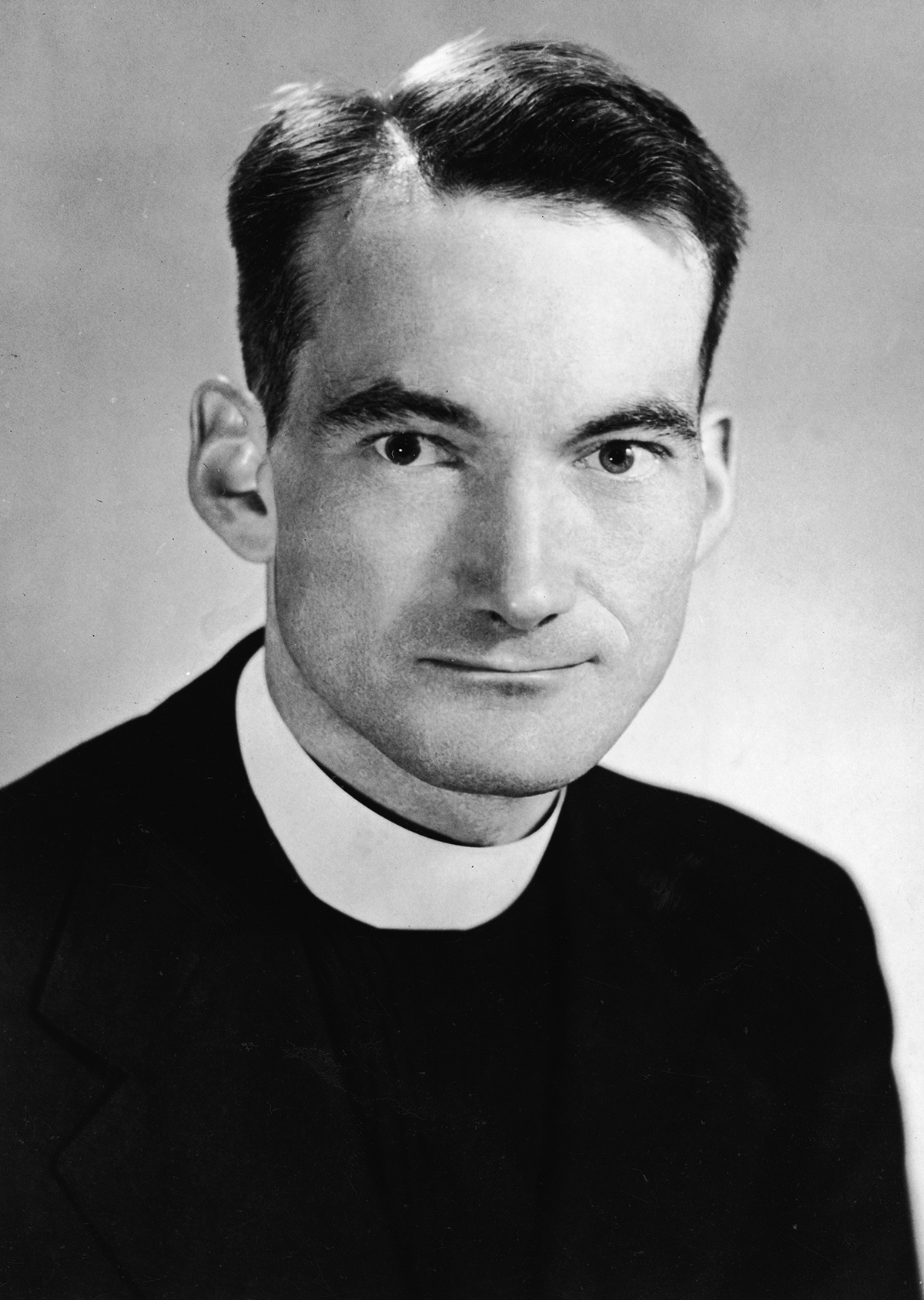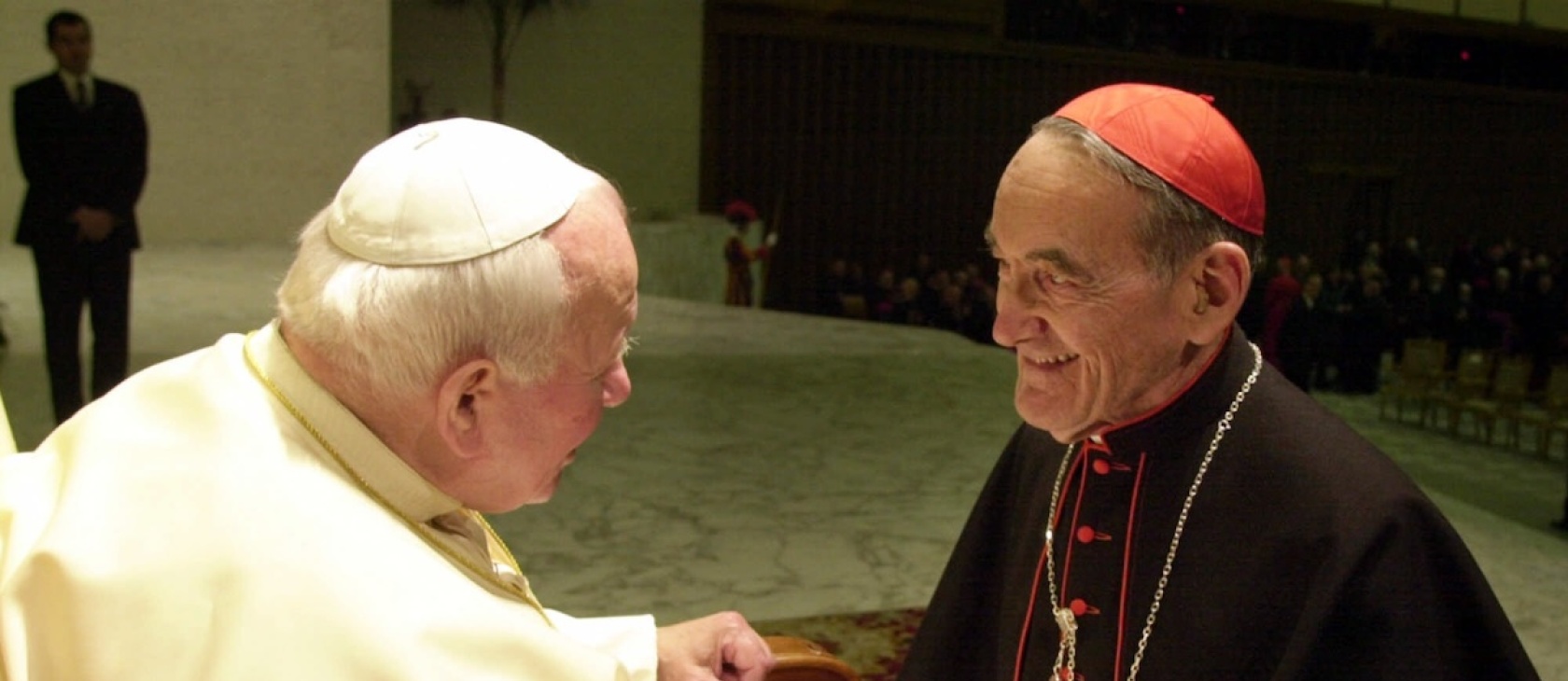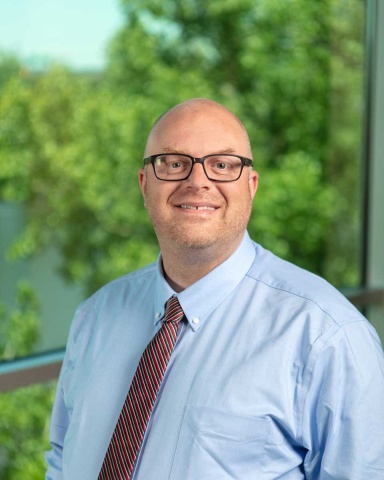Avery Cardinal Dulles, S.J., was the most influential American Catholic theologian of the 20th century. He was created a cardinal by Pope Saint John Paul II early in the 21st century for precisely this reason. He was the first English-speaking theologian created cardinal without being a bishop since St. John Henry Newman. His family tree is littered with prominent American Presbyterian churchmen and statesmen. He held prominent academic posts throughout his long career and published 25 books and around 850 articles, yet he once confessed, “I don’t think my life lends itself to biography, since I have never done anything significant.” Greatness is rare in this world but rarer still is greatness so comfortably clothed in humility.
This essay is taken from the “In the Liberal Tradition” column of the Winter 2024 issue of Religion & Liberty.
In the early days of the Acton Institute, Dulles, not yet a cardinal but merely a celebrated theologian, gave a lecture touching on the nature of freedom. He began, “To speak of freedom in an institute named for Lord Acton is like carrying coals to Newcastle.” The lecture was erudite and graced by wisdom ripened from lifelong meditation. He titled the lecture “Truth as the Gound of Freedom” and built it on the observation that “The rootedness of freedom in the truth has been a constant and central theme in the writings of John Paul II.” Dulles skillfully traced the theme from the Second Vatican Council through Pope Saint John Paul II’s encyclical Veritatis Splendor, but it was no mere exercise in exegesis. Lord Acton, Mortimer Adler, Michael Polanyi, John Courtney Murray, St. Thomas Aquinas, St. John Henry Newman, and Václav Havel are invoked as well, evidence of a long distillation in the thought life of Dulles himself.
During Dulles’ childhood and youth in the 1920s and 1930s, his father, John Foster Dulles, secretary of state throughout most of the Eisenhower administration, was involved in his share of controversies within the Presbyterian church. He defended liberal churchmen, including Harry Emerson Fosdick, in ecclesiastical courts where they faced charges of heresy. At issue in Fosdick’s case were his belief in such dogmas as the virgin birth, the resurrection of the body, and biblical inerrancy. Fosdick argued that differences of belief be tolerated within the church as an expression of Christian brotherhood and unity. John Foster Dulles defended him on procedural grounds, insisting that the Presbyterian General Assembly had no jurisdiction over the licensing of pastors, which was the right and duty of local presbyteries. Fosdick advocated absolute freedom of conscience, and John Foster Dulles secured his acquittal, arguing against arbitrary power. Both sidestepped the question of truth, however, illustrating Cardinal Dulles’ argument 70 years later that “a great rift exists between those who absolutize freedom and those who hold that true freedom can only be freedom in the truth.”
The question of freedom and truth would come to a head in Dulles’ freshman year at Harvard. The young Avery began his undergraduate career with an absolutist conception of freedom that quickly devolved into license. He frequently indulged in heavy drinking and late-night parties, and he chronically missed class. The culmination of these deleterious habits of life was a raucous night of excess in April of 1937. He and two college friends capped off their evening by stealing a taxi! They were subsequently arrested and spent the remainder of the weekend in jail. The incident resulted in the expulsion of his friends and disciplinary action for himself. Yet, later in life, Cardinal Dulles would claim, “Harvard made us Catholics.” Courses his freshman year in art, history, and literature fueled an awakening of religious sentiments and a new, more robust understanding of freedom beyond mere license, as he would later observe: “For the classical mind, freedom is not absolute. Human beings are free to act only in accord with what is truly good. In a sense, one is free only in one’s unhampered ability to choose the good. Morality, for the ancients, is in this sense not an external imposition but the truth that serves as a guide to action.”

The tale of Cardinal Avery Dulles’ conversion, the dialectical forces at Harvard that providentially led him to the knowledge of the truth that would make him free (John 8:32), would be told in A Testimonial to Grace, published in 1952. It was the second of what would be many books. (The first was his dissertation, for which he won the Harvard Phi Beta Kappa Prize Essay for 1940.) Dulles published A Testimonial to Grace after a brief time studying at Harvard Law, a tour in the Navy, and his entrance into the Society of Jesus, where he would be ordained a priest in 1956. He would ultimately receive a doctorate in sacred theology in 1960 from the Gregorian University in Rome.
The remainder of his life was dedicated to his vocation as a theologian, serving on the faculty of Woodstock College, the Catholic University of America, and Fordham University. Visiting professorships abounded as well as leadership positions in professional associations and consultive work in ecumenical and ecclesial commissions. He published through it all on every conceivable topic, including revelation, dogma, ecclesiology, ecumenicism, apologetics, and public theology.
And yet, Cardinal Dulles found himself out of place in the highly polarized church that followed the Second Vatican Council. In his comprehensive biography, Avery Cardinal Dulles, SJ: A Model Theologian, 1918–2008, Patrick W. Carey describes Dulles’ whole theological project as a response to this polarization:
His models methodology, reflective of the postconciliar theological pluralism, revealed his enduring concern to keep differing theological systems in a kind of dialectical tension that allowed the mystery of Christian faith to break forth in the limited perspectives of the various theological systems of thought.
Dulles was similarly dislocated in his appraisal of American civic life. He celebrated American democratic values and economic dynamism, but was sensitive toward increasing secularization and consumerist indulgence.
In a sense, one is free only in one’s unhampered ability to choose the good.
In the course of his research on Dulles, Carey discovered a revealing personal note in which Dulles confesses, “I have all the freedom I want or need. What I lack to some extent are the firm structures that reinforce, motivate, and direct the basic thrust of my existence.” Perhaps Dulles found freedom in his work of theological reconciliation, not due to circumstances, but to his character. In his lecture at the Acton Institute some 20 years later, he explained: “Some learn to go for long periods without sleep, to abstain from food, or to endure intense physical pain without abandoning their resolve. Such persons have greater freedom than others. They have a larger zone of inner self-determination.”
These words certainly proved true at the end of Dulles’ own life. In an interview published in 2008, the year of his death, he explained: “As I become increasingly paralyzed and unable to speak, I can identify with the many paralytics and mute persons in the Gospels, grateful for the loving and skillful care I receive and for the hope of everlasting life in Christ. If the Lord now calls me to a period of weakness, I know well that his power can be made perfect in infirmity. ‘Blessed be the name of the Lord!’”








